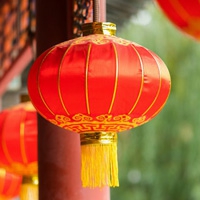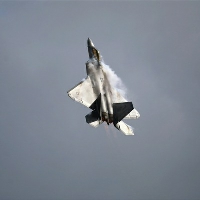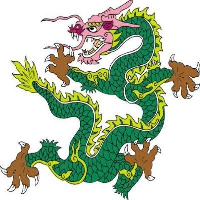What is the content of Sichuan civil servant examination
The civil servant examination in Sichuan is divided into written examination and interview, and the total score of the examination is 100 points. The written test scores and interview scores account for 50% of the total exam scores respectively.
2021 Sichuan Civil Servant Examination Arrangement
(1) Written examination
1. Written examination subjects without Tibetan language: Administrative Vocational Ability Test and Argumentation, with full score of 100 points for each subject, accounting for 30% of the total score respectively.
2. Tibetan language is added to the written examination: three subjects, namely, Administrative Professional Ability Test, Argumentation, and Tibetan Language, with full marks of 100 points for each subject. Among them, "Administrative Professional Ability Test", "Shenlun" respectively accounted for 22.5% of the total score, and "Tibetan Language" accounted for 15% of the total score.
3. Written examination subjects that add Yi language: Administrative Professional Ability Test, Shen Lun, and Yi Language, with full marks of 100 points for each subject. Among them, the Administrative Professional Competence Test, Shenlun accounted for 22.5% of the total score respectively, and Yi Language accounted for 15% of the total score.
(2) Interview
Those who have passed the qualification examination shall participate in the interview with their valid resident identity cards and relevant certification materials. The interview shall be organized and implemented by the Party Committee Organization Department of each city (prefecture). The interview mainly assesses the candidates' political literacy, service awareness, grassroots and mass work ability, etc. The interview score is 100 points, accounting for 50% of the total exam score.










